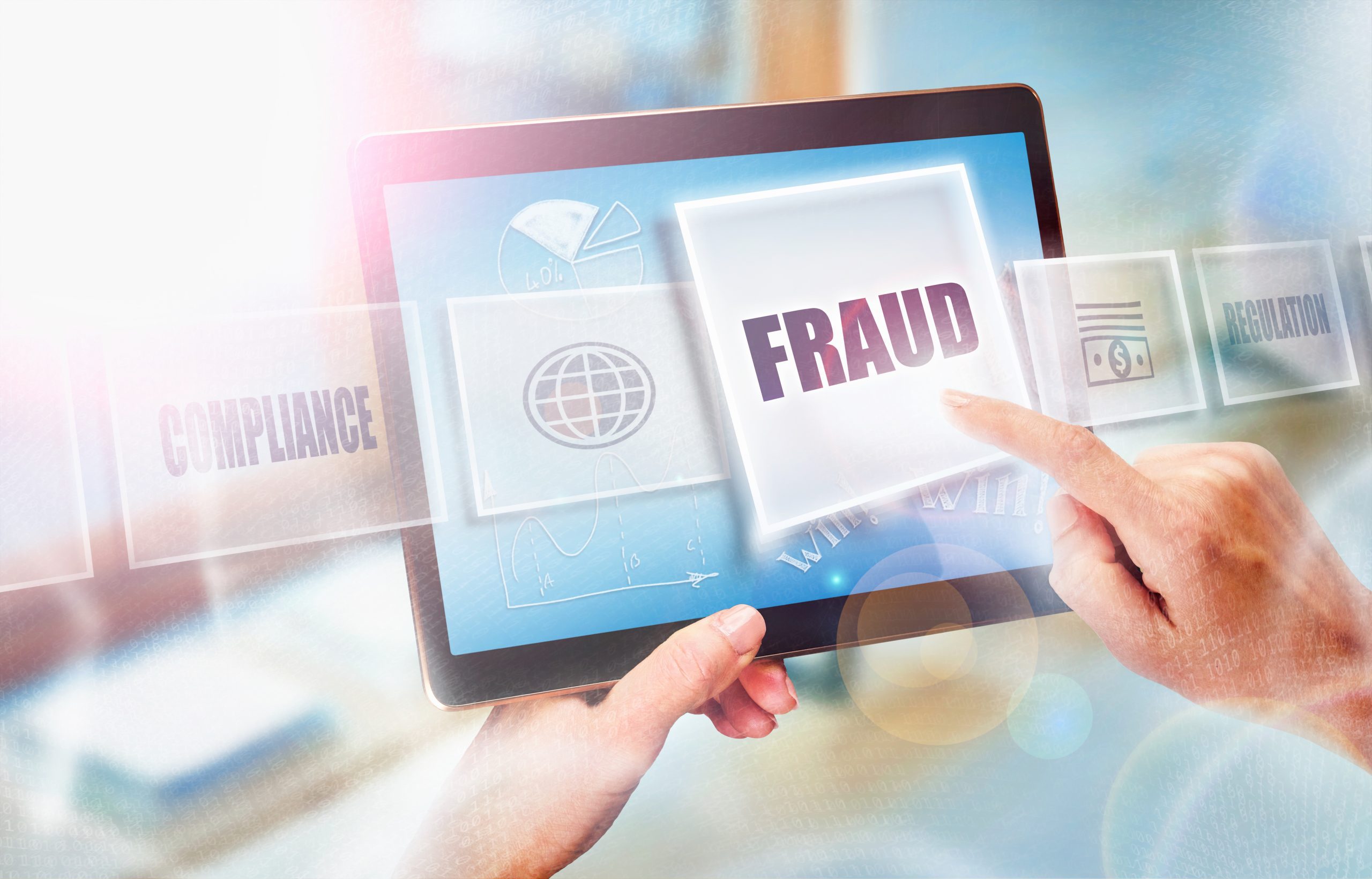
| May 3rd, 2023 |
Echeck Fraud: Tips to Keep Your Business Safe
Echecks are a famous payment method that allows businesses and individuals to transfer funds electronically from one bank account to another. It is a convenient, fast, and cost-effective way of making payments making it a popular alternative to traditional paper checks.
However, like any financial payment method, eChecks are also not immune to fraud. eCheck fraud is a type of financial fraud that can result in significant financial losses for businesses as well as customers. According to a recent study by the Association for Financial Professionals, over 75% of organizations experienced attempted or actual eCheck fraud in the year 2020.
In this blog, we’ll discuss various eChecks fraud prevention tips and best practices to help you protect yourself from this type of fraud. Whether you’re an individual or a business, implementing these tips and best practices can help you safeguard your finances and avoid becoming the victim of eCheck fraud.
What is eCheck Fraud and How Does it Happen?
eCheck fraud is a type of financial fraud that involves the usage of electronic checks to deceive businesses or individuals. It can happen in different ways, but it typically involves the creation or manipulation of eChecks to steal sensitive information or money.
There are several types of eCheck fraud, including:
- Counterfeit checks – In this type of fraud, the creation of fake eChecks appears to be legitimate but are counterfeit. The fraudster might use stolen bank account information to create fake eChecks or use software to create realistic-looking checks.
- Altered checks – This type of fraud involves the alteration of legitimate eChecks to change the payee, amount, or other information on the check. The fraudster might intercept the check and modify it before depositing it, or they can even use different software to alter electronic checks.
- Unauthorized eChecks – The fraud involves creating and depositing unauthorized Echecks using stolen bank account information and other personal information. The fraudster might use phishing emails, social engineering, or other methods to obtain the victim’s information.
- Returned check scams – This scam involves the usage of fake eCheck to overpay for a product or service, and then ask the victim to return the overpayment through a wire transfer or other payment option. The eCheck is later returned as fraudulent, and the victim is left with a loss.
eChecks fraud can be difficult to detect, as they are created and sent quickly and easily. However, there are some prevention tips, you can take into account to protect yourself from eCheck fraud.
Tip 1- Only accept eChecks from trusted sources
Be cautious when accepting eChecks from unfamiliar sources, and only accept eChecks from the most trusted sources and reputable companies. If you are uncertain about the source and legitimacy of an eCheck, contact the bank or financial institution to verify the account and the payment.
Tip 2 – Verify the legitimacy of the payer’s account
Before accepting an eCheck payment, verify the legitimacy of the payer’s account by confirming that the account and routing numbers are valid and match the payer’s bank account. You can also use online verification tools to verify the account information and check for any suspicious activity.
Tip 3 – Be wary of high-value transactions
eCheck defrauders often target high-value transactions, so be cautious while accepting eChecks for large amounts of money. You can also consider using other payment methods, such as wire transfers or credit cards, for high-value transactions.
Tip 4 – keep your computer and software up to date
Malware and viruses can compromise your computer data and steal the eCheck information. Keep your computer and software up to date with the latest security updates and antivirus software to reduce the risk of theft.
Tip 5 – Monitor your eCheck account regularly
Regularly monitor your eCheck account for unusual activity or unauthorized transactions. Report any suspicious activity to your bank or financial institution immediately.
Parting Note
eCheck fraudulent activity is a growing problem that can result in financial losses and damage to your business’s reputation. To protect yourself from eCheck fraud, it’s important to be aware of the different types of eCheck fraud and methods used by fraudsters. Implement the eCheck fraud prevention tips we have discussed to reduce the risk of becoming a victim.
